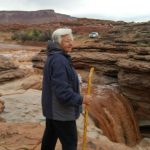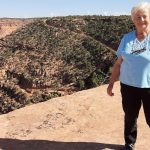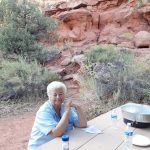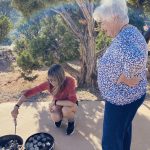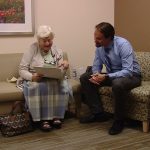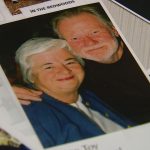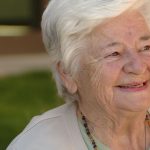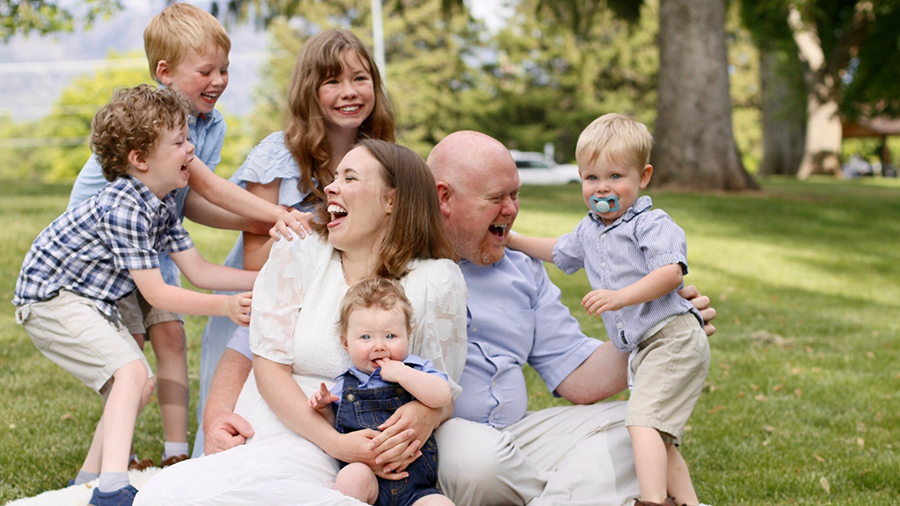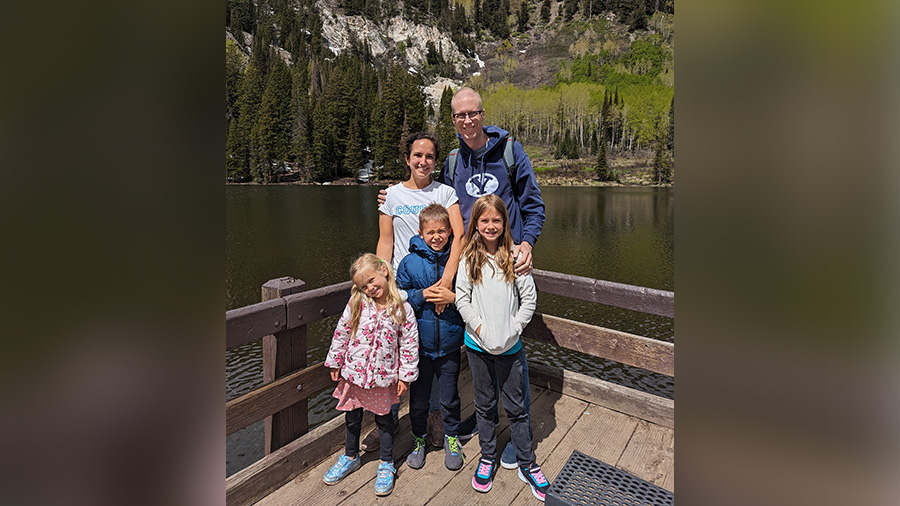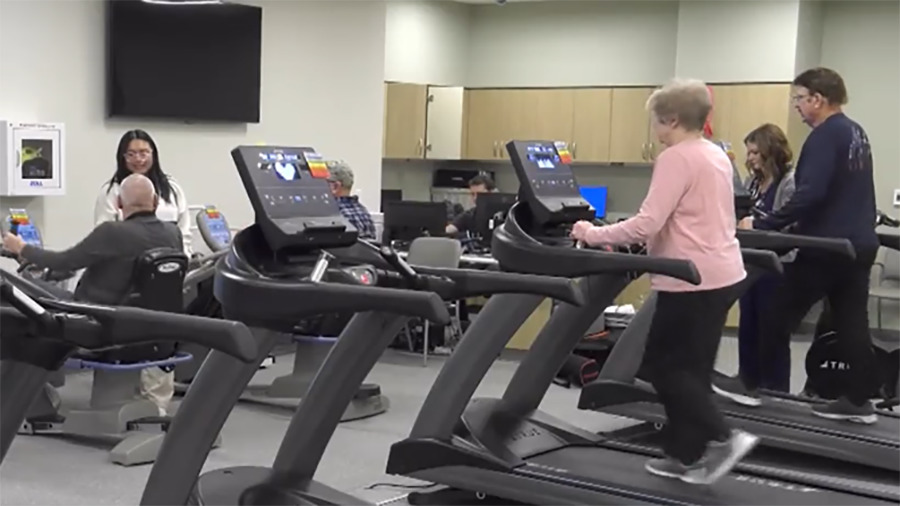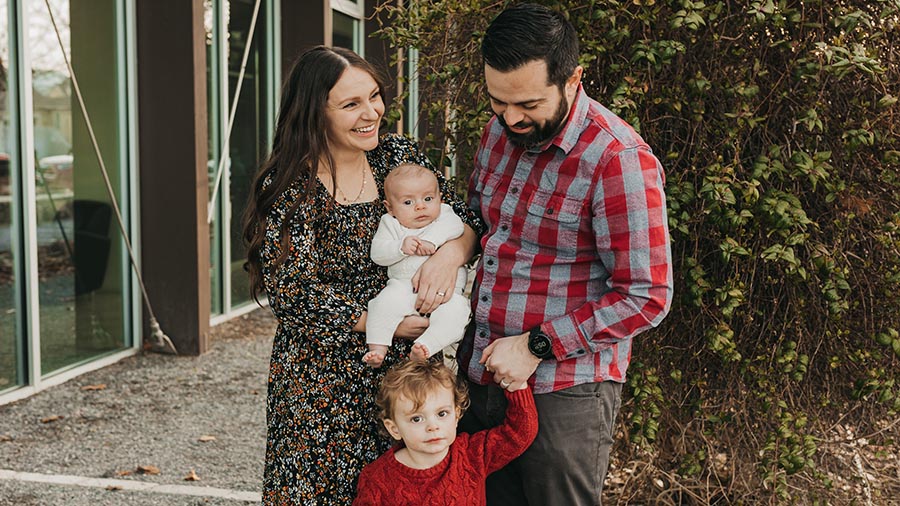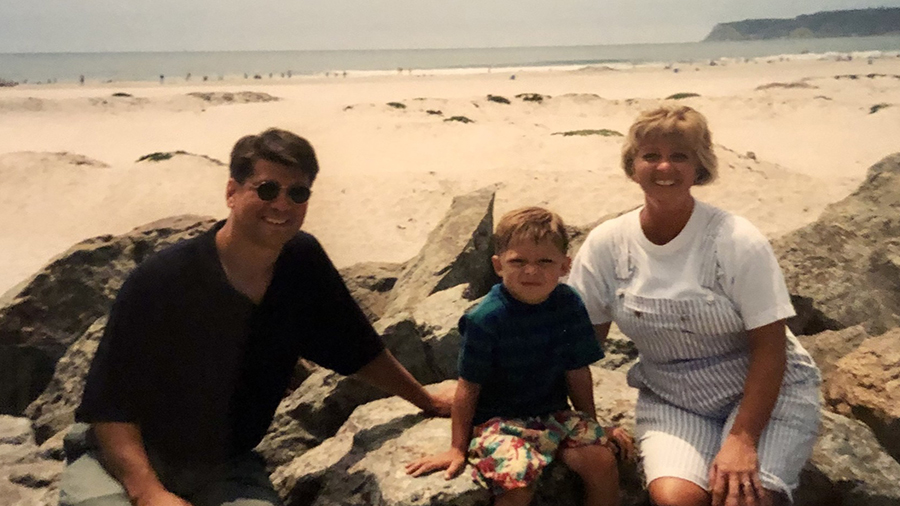Utah Physician Helps 80-Year-Old Cancer Patient With 3 Powerful Words
Jun 11, 2021, 6:15 PM | Updated: Jul 5, 2023, 4:30 pm
PROVO, Utah — A cancer diagnosis is often about more than just the cancer itself. The treatment can affect every part of someone’s overall health and well-being.
One Utah woman said she was grateful for an attentive physician who helped her through the emotional pain she experienced as she went through treatment during the pandemic.
This weekend, Marjan Curtis is celebrating a big birthday.
“Yes, I’m going to be 80, but I’ll be on a camping trip doing Dutch oven!” she said laughing.
Most recently, Curtis traveled to Island in the Sky at Canyonlands National Park with her kids.
Sometimes she sleeps in a tent, but often, she takes her camper on the journey.
Curtis said nature helps her feel whole.
“I feel just revitalized when I’m out there in the open and I have to cook over fire — it just feels great!” she described.
It’s a feeling she desperately longed for this last year.
In 2014, Curtis was diagnosed with stage four kidney cancer. She had surgery to remove her left kidney, which weighed two pounds.
Then her husband, Paul Curtis, passed away only six months later.
“He was my best friend and I loved him so much,” she said.
The cancer later resurfaced in her pancreas and right kidney in 2017.
Last year, she underwent radiation to stop the growth, which was successful. But between the loss of her husband, her diagnosis, and unparalleled loneliness brought on by the pandemic, Curtis’ mental health plummeted.
“I felt hopeless, worthless, and I was depressed all the time,” she described. “I felt like I was hanging above an abyss and barely hanging on and I couldn’t really tell people. I mean, who do you tell?”
To make matters worse, Curtis had ongoing nightmares for months about being a failure and the horrors of growing up in war-torn Holland under German occupation.
“I tried to be brave and keep going everyday, but it’s hard when you’re completely alone. I mean, I was sitting in the living room alone on Thanksgiving, on Christmas, on New Year’s. I have kids, but they were sick, or their kids were sick, or they were exposed [to COVID-19] at work, so they couldn’t come over,” she explained.
In a moment of trust, Curtis shared these feelings with Dr. Brandon Barney, her radiation oncologist at Intermountain Healthcare’s Utah Valley Hospital.
He replied with three powerful words: You have worth.
“I said, ‘I do?’ I couldn’t believe what he said, and I kept saying it to myself when I’d be depressed and didn’t want to get up. I said, ‘Dr. Barney says I have worth!'” Curtis said.
Barney said he strives to be a physician people can approach and trust.
He said it was easy with Curtis because of her kind and loving demeanor.
“Honestly, I feel so grateful that she felt comfortable telling me about that,” he said. “I admire her so much as a person and the things that she had accomplished, and I thought, ‘Man, I’m just somebody who’s interacted with this person on a limited basis as her doctor. If she means this much to me, how much must she mean to all the people that she interacts with?'”
While Barney believes a positive attitude can help a patient cope with their illness and get through treatment, he said expressing honest feelings is paramount.
“There are some things that you can’t just, you know, power through with a positive mental attitude,” he said.
Find someone you can talk to, Barney encouraged.
“Make sure that there’s somebody that you trust — that you care about, that cares about you — that can help you through,” he said.
“I just felt this connection with Dr. Barney, that I could trust him,” Curtis said.
For Curtis, his words changed her trajectory.
“I just want you to know how much that meant to me. That was so important to hear,” she told Barney in a recent visit.
Given the success of the radiation treatments, Barney believes Curtis will make many more memories.
“I think nowadays, there’s hope,” Curtis said.
Her condition is currently stable and the cancer hasn’t grown, so she’s packing up her camper.
“I guess adventures await!” Curtis said with a smile.
While Curtis credits Dr. Barney for her improved mental health, she said she’s grateful for the entire team of experts who helped her, including a psychiatrist and medical oncologist.
Barney said cancer care should include access to social workers, nurse navigators, financial advocates, registered dieticians, and genetic counselors, to assist with every related need. He said a comprehensive team approach, including experts collaborating across all medical disciplines, is critical to the overall health of a patient.
“We have an integrative approach to helping patients through every struggle that they might run into… from the journey of diagnosis to survivorship at the end,” he said.
He encouraged patients to try to maintain whatever routine they’re used to, if possible.
“Exercise, good eating habits, social activities, extracurricular activities, sometimes people prefer to work,” he described. “Whatever it is that people are used to doing that helps them feel like they’re in a safe, comfortable place.”


